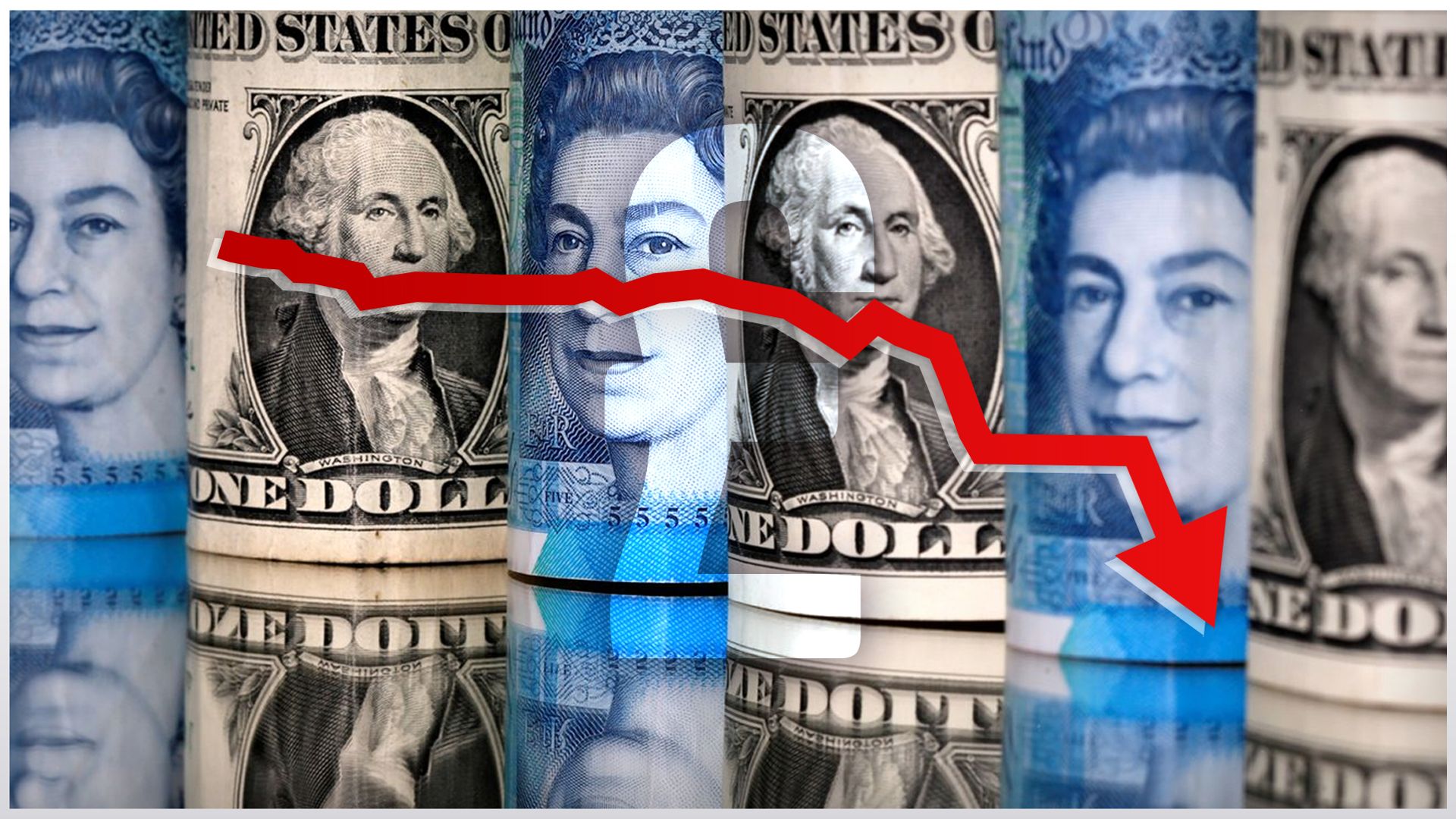The FTSE 100 has ended a long wait to achieve a new record high.
The index, which comprises the 100 most valuable companies on the London Stock Exchange, closed Monday’s session on 8,023 points following a jump of 128 points or 1.6%.
That was the highest closing sum since February last year when the 8,000 barrier was breached for the first time in its history.
The previous record stood at 8,012.
The performance on Monday was driven by a strong showing for companies across the board, particularly financial and consumer-linked stocks such as those for retailers.
Money latest: Five big lenders hike mortgage rates at same time
The index has been gaining ground in recent weeks on growing hopes for a cut in UK interest rates as inflation eases – with strong evidence that the economy has turned a corner after the recession during the second half of last year.
Thames Water warns of even bigger surge in bills under new plans
Money latest: Five big lenders hike mortgage rates amid interest rate uncertainty
Train drivers at 16 rail companies to strike next month
Analysts credited the push for a new high on two main factors; confidence that a major escalation in the Middle East conflict will be avoided and a weakening in the value of the pound against the US dollar.
Sterling is trading at five-month lows against the greenback at just $1.23 and was half a cent down on the day.
This is a consequence of dollar strength as opposed to pound weakness as expectations are growing across the Atlantic that the Federal Reserve’s expected interest rate cuts are further down the track than had been predicted.
Higher interest rates tend to be supportive of a currency which, in this case, is the world’s reserve currency.
A weaker pound helps FTSE 100 constituent companies which make money in the United States.
That is because it boosts their bottom line when those dollar earnings are booked back in the UK and converted back to pounds.
The FTSE has largely lagged growth among its rivals since Brexit and was tamed by a succession of economic shocks but has been reclaiming some ground this year due to perceived low valuations versus competing stocks overseas.
Its lack of technology companies – which have tended to perform best globally since the pandemic – has been another factor behind the FTSE’s malaise.
Trading hubs also point to a competitive disadvantage through a 0.5% transaction tax on share purchases in UK firms.
The index traditionally struggles during times of world economic uncertainty as its 100 constituents are dominated by firms whose fortunes are directly linked to demand for basic commodities such as mining and industrial stocks.
However, the signs of growth starting to emerge are a positive, not only for the FTSE 100 but also pension pots.
The broader and more domestically-focused FTSE 250 is yet to climb back above the 20,000 points level but it saw gains of 1% on Monday.
Be the first to get Breaking News
Install the Sky News app for free
Susannah Streeter, head of money and markets at Hargreaves Lansdown, said of the prospects ahead: “With growth in the UK not shooting the lights out, and inflationary pressures showing signs of easing, there is still optimism around about the prospect of interest rate cuts coming later in the summer, which appears to have helped the FTSE 100 climb higher.
“As lower borrowing costs are forecast later this year, amid a slightly more positive outlook for the economy, housebuilders have also headed sharply higher amid hopes that stronger demand will return for new homes.
“Ocado, J Sainsbury, Next, Marks and Spencer and Tesco have also been lifted amid hopes for more clement conditions for consumers.
“A handful of FTSE 100 listed companies, which breached record levels earlier in the month, are on course to climb back up to those highs, such as Rolls Royce and BAE Systems. Aerospace stocks have been pushed higher by ongoing conflicts and post-pandemic demand.”











